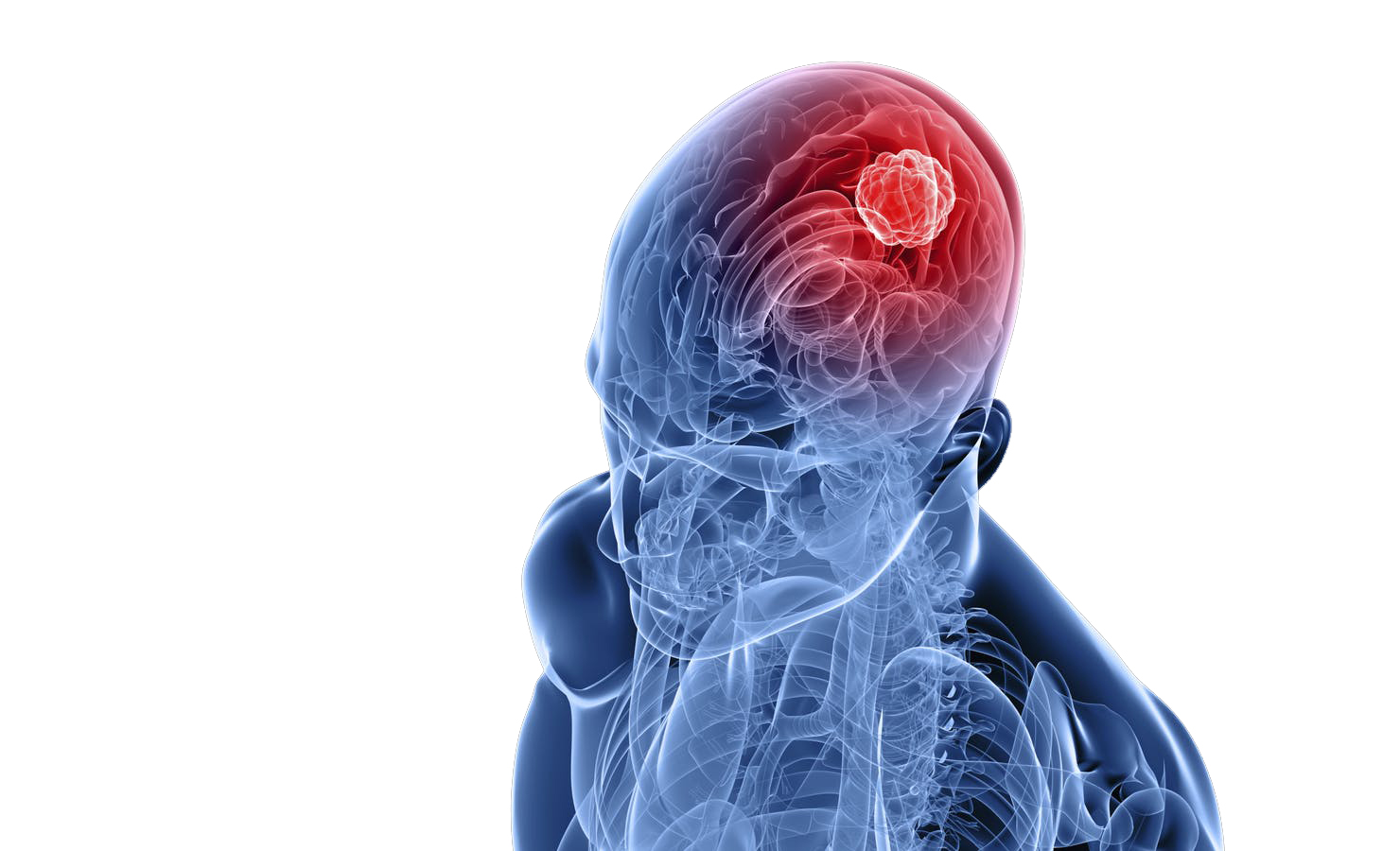
Your brain is a remarkable organ, controlling everything you do, think, and feel. However, when something goes awry, like the development of a brain tumor, it can be a cause for concern. In this blog, we aim to provide a straightforward and understandable guide to help you navigate the complexities of brain tumors, from diagnosis to treatment.
Understanding Brain Tumors: The Basics
A brain tumor is an abnormal growth of cells in the brain or the surrounding tissues. These growths can be benign (non-cancerous) or malignant (cancerous). Here are some key points to help you comprehend the basics:
- Types of Brain Tumors: Brain tumors can be primary (originating in the brain) or secondary (resulting from the spread of cancer from other parts of the body). Primary tumors can be gliomas, meningiomas, pituitary adenomas, or others.
- Common Symptoms: The symptoms of a brain tumor may vary but can include headaches, seizures, changes in vision, speech problems, and changes in personality or behavior.
Diagnosing Brain Tumors: The Road to Clarity
If you suspect a brain tumor or are experiencing concerning symptoms, a diagnosis is the crucial first step. This process typically involves:
- Medical History and Physical Exam: Your healthcare provider will discuss your medical history and perform a thorough physical examination to assess your symptoms.
- Imaging Studies: MRI (Magnetic Resonance Imaging) and CT (Computed Tomography) scans are common tests used to create detailed images of the brain to identify any abnormalities.
- Biopsy or Surgical Removal: In some cases, a biopsy or surgical removal of the tumor may be necessary to determine its type and grade.
Treatment Options: A Personalized Approach
Treatment for a brain tumor is highly individualized and depends on various factors, including the type, location, and size of the tumor, as well as the patient’s overall health. Treatment options may include:
- Surgery: Surgical removal of the tumor is a common approach, especially for benign tumors or certain types of primary malignant tumors.
- Radiation Therapy: This treatment uses targeted radiation to destroy cancerous cells and can be used in conjunction with surgery or on its own.
- Chemotherapy: Certain brain tumors may respond to chemotherapy, which involves medications to kill cancer cells.
- Targeted Therapy and Immunotherapy: These are newer approaches that aim to target specific molecules involved in the growth of cancer cells.
- Supportive Care: Managing symptoms and providing support is a vital part of the treatment process to improve the patient’s quality of life.
Emotional and Practical Support
A brain tumor diagnosis can be emotionally challenging for both patients and their loved ones. It’s essential to seek emotional support through counseling, support groups, and family and friends. Additionally, understanding the practical aspects of insurance, treatment costs, and care coordination is crucial.
In conclusion, while a brain tumor diagnosis can be overwhelming, understanding the basics of brain tumors, the diagnostic process, and the available treatment options can help you or your loved one navigate this challenging journey. Remember, you’re not alone, and there are dedicated healthcare professionals and resources available to support you every step of the way.



